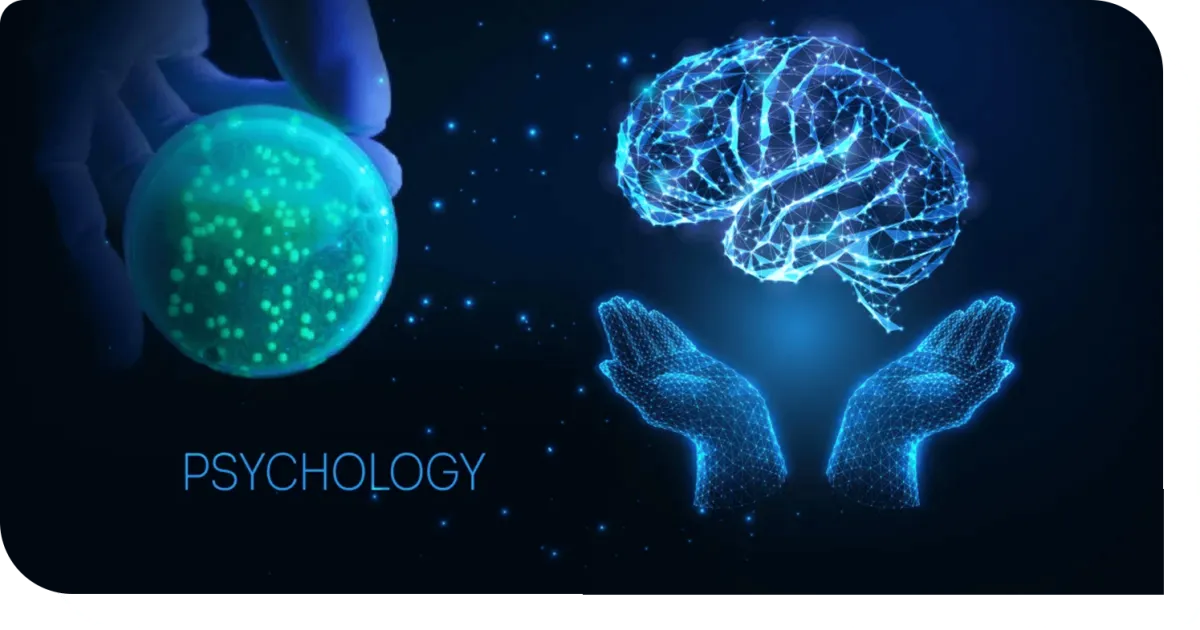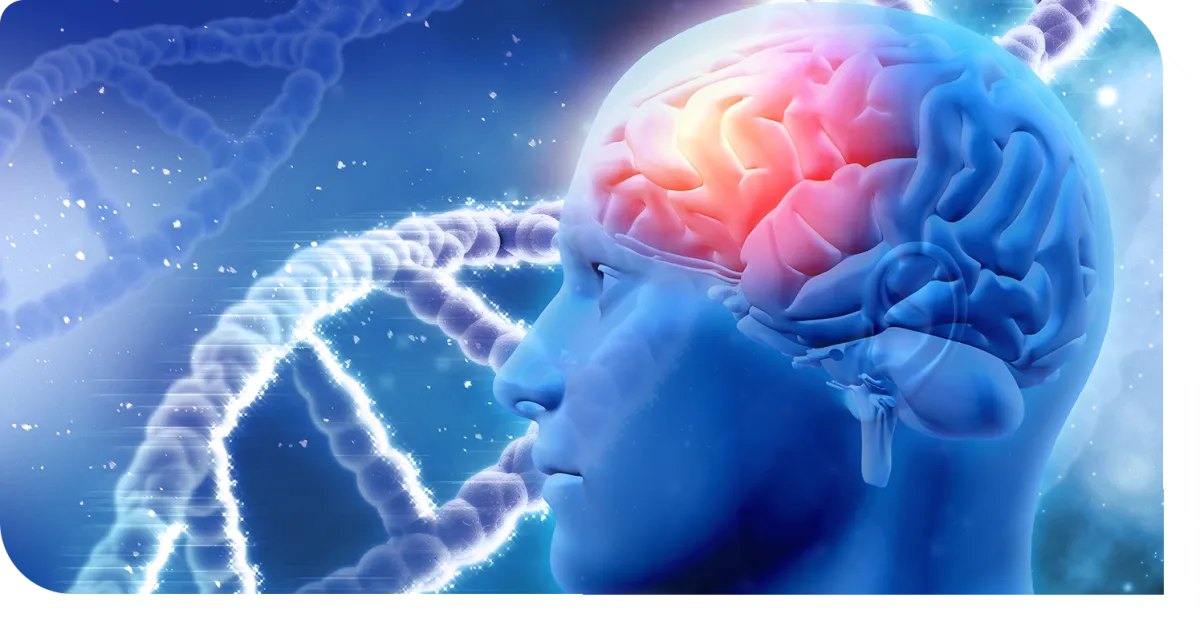



Neurological and
Neurodegenerative Disorders
Stem cell regenerative therapy has shown to be highly effective in treating neurological issues and neurodegenerative disorders. Stem cells, especially mesenchymal stem cells derived from sources like umbilical cord or bone marrow, possess unique properties that enable them to differentiate into various cell types and release bioactive molecules with regenerative capabilities. There are a wide variety of benefits of stem cell therapy that can help with neurological issues:
Neurogenesis and Neural Repair: Stem cells have the ability to generate new neurons and other supportive cells in the brain, promoting neural repair and regeneration in damaged areas.
Anti-Inflammatory Effects: Stem cells release anti-inflammatory factors that reduce inflammation in the brain, providing a neuroprotective effect against conditions like Alzheimer's, Parkinson's, and multiple sclerosis.
Trophic Support: Stem cells secrete trophic factors that support the survival and function of existing neurons, helping to maintain neural connections and overall brain health.
Immunomodulation: Stem cells can modulate the immune response, reducing autoimmune reactions that contribute to conditions like multiple sclerosis.
Neurotransmitter Regulation: In certain neurodegenerative disorders, stem cells can restore the balance of neurotransmitters, improving cognitive and motor function.
Synaptic Connectivity: Stem cell therapy can enhance synaptic connectivity between neurons, facilitating improved neural communication.

Treatment with UC-MSCs
Various studies have demonstrated the potential of umbilical cord-derived mesenchymal stem cells (UC-MSCs) to address various neurological issues. Some of the neurological conditions that stem cell therapy has shown potential in treating include:
Alzheimer's disease: UC-MSCs promote neuron growth and survival, leading to improved cognitive function and reduced oxidative stress in clinical trials.
Parkinson's disease: UC-MSCs differentiate into dopaminergic neurons, improving motor function and quality of life in patients by repairing dopamine neuron degeneration and reducing inflammation.
Huntington's disease: UC-MSCs effectively reduce Huntingtin levels, improving motor function and reducing inflammation in animal models.
Amyotrophic lateral sclerosis (ALS): UC-MSCs have shown promise in reducing motor neuron loss and paralysis in animal models, and human subjects have experienced increased median survival time and decreased disease progression rates with UC-MSC therapy.
Multiple system atrophy (MSA): Transplanting UC-MSCs into rats with MSA led to improved motor function and integration of UC-MSCs into the brain, offering hope for potential treatments in humans.

Treatment with Neural Stem Cells (NSCs)
In addition to mesenchymal stem cells we treat directly with neural stem cells. Neural stem cells hold unique potential for treating neurological conditions compared to regular MSCs due to their specialized characteristics and compatibility with the central nervous system. There are even more benefits of treating directly with neural stem cells:
Neuronal Differentiation: Neural stem cells have an inherent ability to differentiate into various types of neural cells, including neurons, astrocytes, and oligodendrocytes. This makes them well-suited for replacing damaged or lost neural cells in conditions like Parkinson's disease, Alzheimer's disease, and spinal cord injuries.
Precise Integration: Neural stem cells exhibit a natural affinity for the neural environment and can integrate more seamlessly into neural tissues. This integration is crucial for restoring functional neural connections and improving the overall circuitry of the nervous system.
Synapse Formation: Neural stem cells have the potential to form synapses and establish functional connections with existing neurons. This capability is essential for restoring proper neural communication and improving the transmission of signals within the nervous system.
Secretion of Neurotrophic Factors: Neural stem cells secrete various neurotrophic factors that support the survival, growth, and maintenance of neurons. These factors can provide a nurturing environment for damaged neurons and enhance their chances of recovery.
Neuroprotection: Neural stem cells have been shown to exert neuroprotective effects by reducing inflammation, oxidative stress, and apoptosis (programmed cell death) in the surrounding neural tissue. This can help prevent further degeneration and support the survival of existing neurons.
Myelination: In conditions involving demyelination, such as multiple sclerosis, neural stem cells can differentiate into oligodendrocytes, which are responsible for producing myelin sheaths around axons. Myelination helps improve the speed and efficiency of neural signal transmission.
Localized Delivery: Neural stem cells can be more precisely delivered to specific regions of the brain or spinal cord, optimizing their therapeutic potential for conditions that require targeted interventions.
Reduced Risk of Immune Response: Using a patient's own neural stem cells can reduce the risk of immune rejection, as the cells are derived from the patient's own body. This mitigates the need for immune-suppressive treatments often required when using stem cells from unrelated donors.
Optimal Environment for Neural Tissue: Neural stem cells can adapt to the microenvironment of the central nervous system and respond to cues that encourage proper differentiation and integration. This adaptability is crucial for achieving functional recovery.
Regeneration of Complex Neural Structures: Neural stem cells can contribute to the regeneration of complex neural structures, such as the substantia nigra in Parkinson's disease or the white matter tracts in spinal cord injuries.
Treating with both MSCs and NSCs is the protocol we use at the clinic as both have been shown to be highly effective in treating all ranges of neurological conditions.
Testimonials

"I have a diagnosis of multiple sclerosis and was involved in three rear end car accidents in the same year, resulting in a double fusion in L4 and L5. Prior to the car accidents. I had a slip and fall and a severe shoulder injury, leaving me without use of my right arm" ... I fed myself for the last three days using a spoon and a fork for the first time in over a year. "I am grateful!"
Jeannine Karklins,MS Diagnosis
Boca Raton, Florida

My Ketamine experience was by far one of the most profound healing journeys I've had so far in my life. I can honestly say I had no expectations going into my session. Dr. Ripley and his staff made me feel so welcomed, they were extremely compassionate and caring throughout the entire process. No detail was left unattended. As I entered the cozy suite, I truly felt as if I were in my own home. Dr. Ripley gave me a sense of peace of mind as he explained he will be monitoring my vitals all through the process. It was then, when I relaxed and gave into the journey. There were moments where I opened my eyes and felt so safe and comforted. The entire process lasted about an hour but I honestly felt I worked through years of unresolved trauma. As of today, I continue to benefit from having such an amazing ketamine experience with with Dr. Ripley and his team.
Jeannine Karklins,MS Diagnosis
Boca Raton, Florida
Office: Delray, Florida
Call 702 350 1277
Email: sales@bioregenwellness.com
Site: www.bioregenwellness.com
